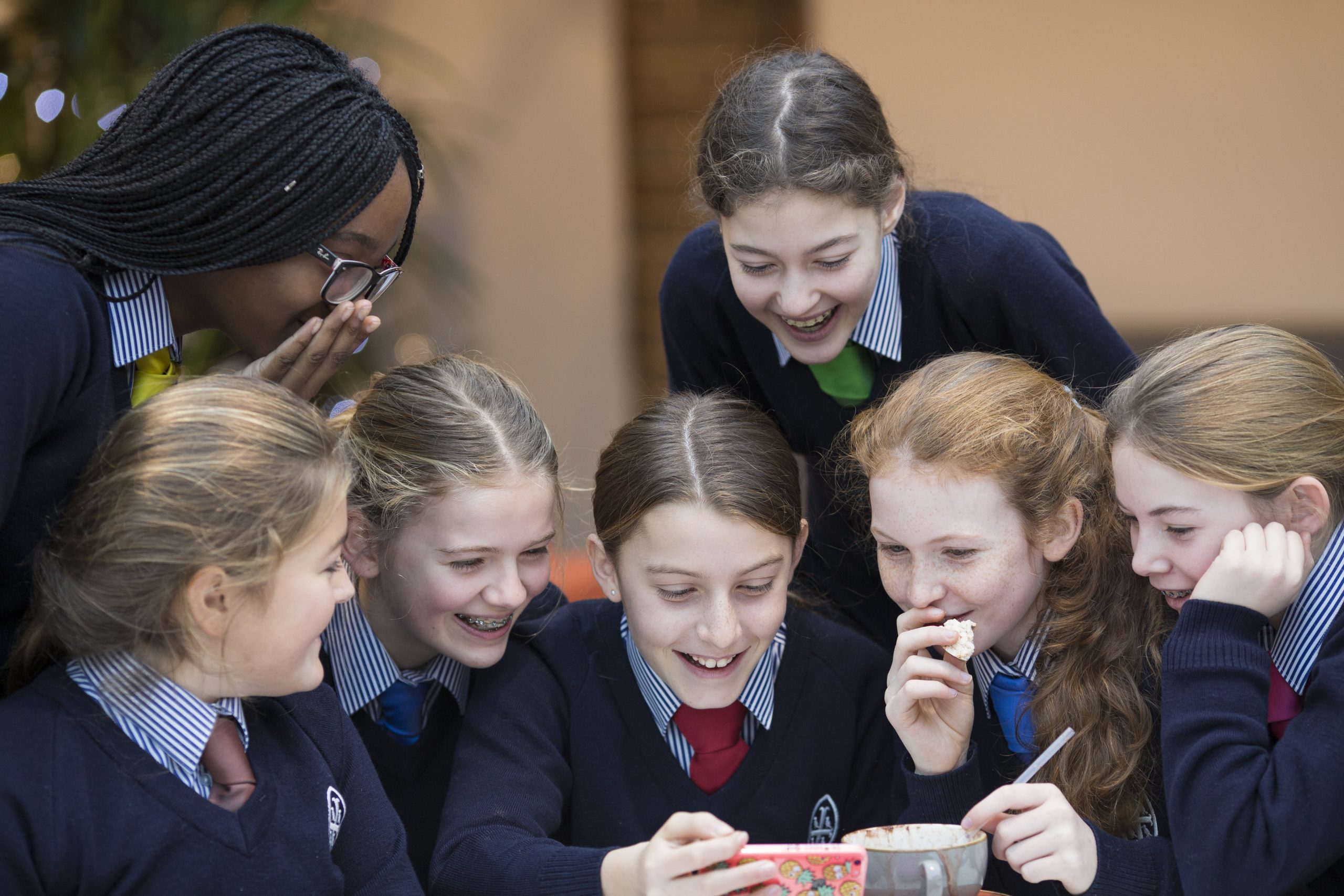Flourishing: Kindness and Mental Health

Here at Wycombe Abbey, we recently celebrated our annual Mental Health Awareness Week. In the modern world, promoting skills and behaviours that keep us mentally healthy and supporting those who are struggling are really important for any community. Mental Health Awareness Week allows us to focus upon some of these aspects: to engage in important dialogues with our pupils and encourage good mental health. This year, our Head of Wellbeing, Miss Blunt led the School through a week focussing on the importance of ‘listening’; taking time to consider this skill and how it can be developed, especially ‘active listening’. Miss Blunt also hosted a ‘time to talk’ session for pupils to share their thoughts about the importance of listening in supporting mental health. Wycombe Abbey pupils always enjoy a challenge and so they were encouraged to take part in our ‘mindful moment’ and ‘connected but apart’ competitions, in which they had the opportunity to share examples of how they were taking time for themselves in this busy world and how they were being a supportive friend whilst we are separated by distance.
Mental Health Awareness Week is always a popular feature in the Wycombe Abbey calendar; it is a great time for us to focus upon important issues and reflect on something that is important to us throughout the whole year.
Promoting wellbeing and positive pastoral care is at the heart of Wycombe Abbey. We call it our ‘Flourishing at Wycombe’ programme and we aim to enable all of our pupils to live their best life. Each term we focus upon a theme and this term that theme is ‘Kindness’. Through Tutor times, House activities, Chapels and School Meetings, pupils are encouraged to think about the importance of kindness, how we can create a kinder world and the benefits that we will all reap from acts of kindness.
Central to the Flourishing at Wycombe programme is developing our understanding of how and why promoting good wellbeing can help each of us in our lives. Last week pupils and parents were sent the term’s Flourishing Guide. This provides an introduction to some of the fascinating research that has been conducted in kindness and we encourage you to read this with your daughters: why not try some of the challenges and activities as a family?
At School Meeting this week I encouraged pupils to do three things to help develop their own relationship with kindness. Firstly, they have been asked to spend time thinking about the small acts of kindness that they have done recently and reflect upon them with pride. Secondly, we have encouraged pupils to undertake additional acts of kindness, something that they have to think about, that they have to make time for and something that will make a positive difference. Lastly, pupils are challenged to think about a kind act that someone else has done for them that they have either taken for granted or that they had not really considered as an act of kindness. Kindness really is all around us; making sure that we take time to see it is half the challenge!